|
Welcome to Barriers and Boundaries Resilience Leadership
Check out a recent episode of the podcast.
|
The Beginnings: A Legacy in the Making The first Super Bowl was played on January 15, 1967, as a part of a merger agreement between the NFL and its then-rival league, the American Football League (AFL). It was initially called the "AFL-NFL World Championship Game." This historic event laid the groundwork for what would become an annual tradition. The name "Super Bowl" itself, which became official in the third edition, was reportedly inspired by the "Super Ball," a popular children's toy at the time. More Than a Game: A Cultural Spectacle The Super Bowl rapidly evolved beyond being just a sports event. It's a cultural spectacle featuring high-profile commercials, a tradition that began gaining prominence in the 1970s and 80s. These ads are now as anticipated as the game itself, with companies often premiering innovative, humorous, and sometimes heartwarming advertisements. The Halftime Show is another pivotal aspect of Super Bowl Sunday, having hosted some of the biggest names in the music industry. From Michael Jackson's performance in 1993, which revolutionized the concept of halftime entertainment, to more recent extravagant performances by artists like Beyoncé and Shakira, the halftime show has become a mini-concert, drawing in viewers who might not otherwise be interested in football. Resilience Through Controversy and Challenge The Super Bowl's legacy is not without its challenges. The NFL has faced criticism and controversy, from concerns about player safety and concussions to issues of social justice and racial inequality, highlighted by movements like Colin Kaepernick's kneeling during the national anthem. Yet, despite these challenges, the Super Bowl has shown remarkable resilience, adapting and evolving while continuing to captivate a global audience. Economic Impact and Social Influence
The economic impact of the Super Bowl is substantial, providing a significant boost to the host city’s economy through tourism, hospitality, and local business engagement. Moreover, the Super Bowl often serves as a platform for broader social and cultural discussions, reflecting and sometimes influencing societal trends and issues. Looking to the Future As we look forward, the Super Bowl continues to adapt, embracing new technologies and trends. From streaming services to social media engagement, the way we watch and interact with the Super Bowl is constantly evolving, ensuring its place in the fabric of American culture for years to come. The Super Bowl, much more than just a championship football game, is a resilient cultural institution. It has weathered controversies and adapted to changes, all while maintaining its status as an annual event that millions eagerly anticipate. Its legacy is a blend of sports excellence, cultural spectacle, and a mirror reflecting societal issues and triumphs. As it continues to evolve, the Super Bowl remains a testament to the enduring allure of American football and its unique place in the cultural landscape.
0 Comments
Leave a Reply. |
Details
|

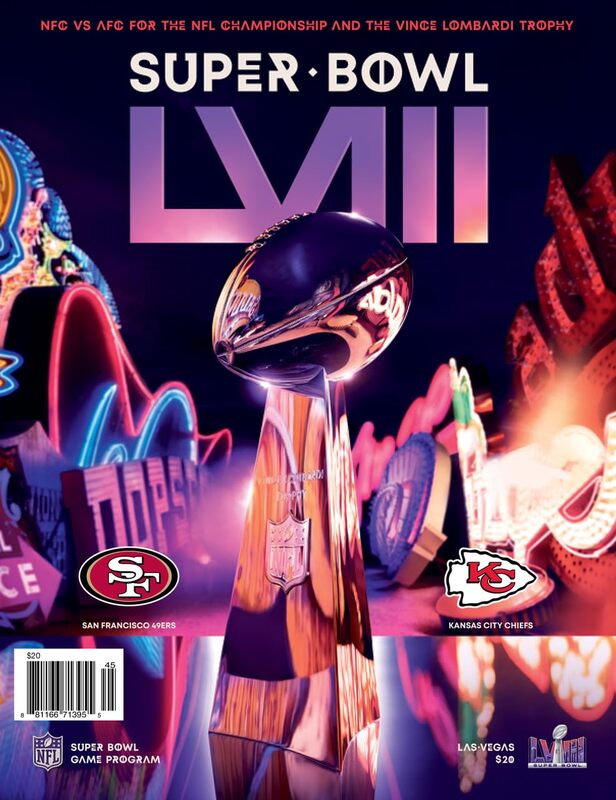
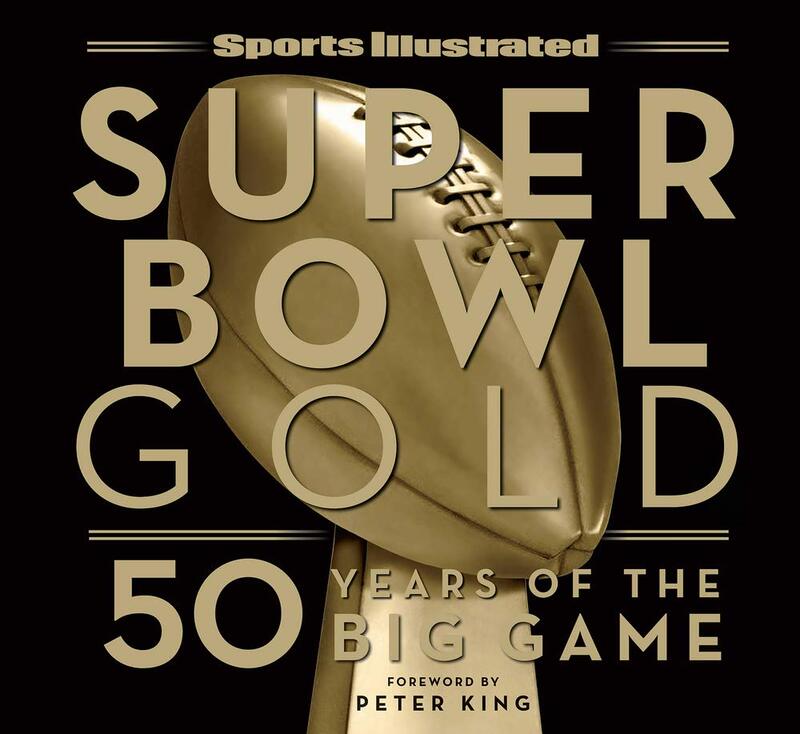

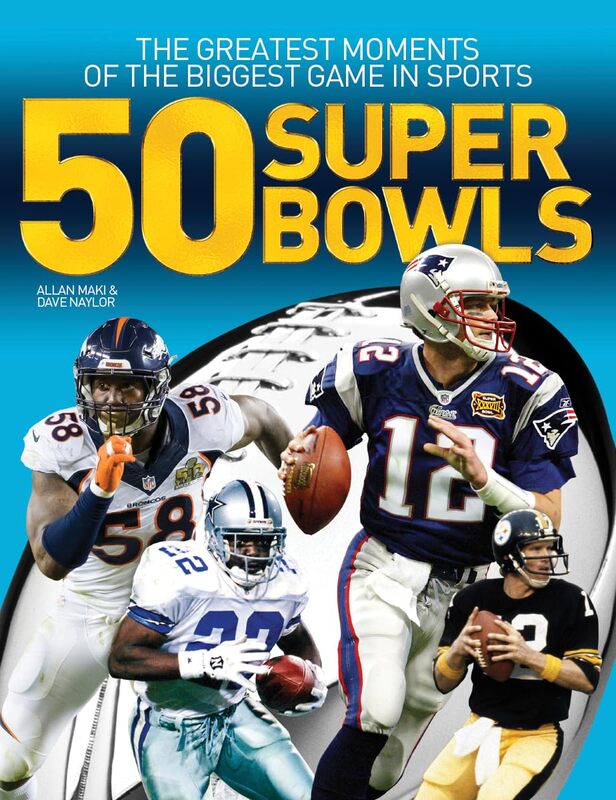
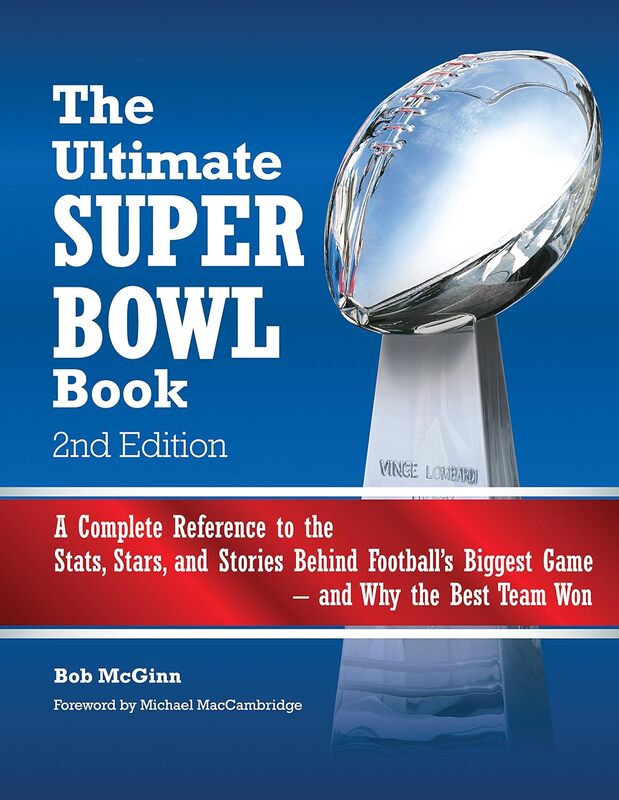
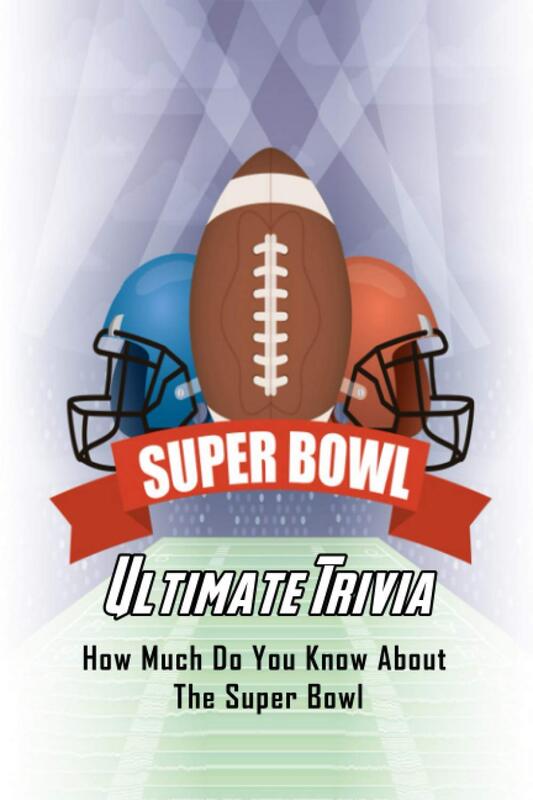

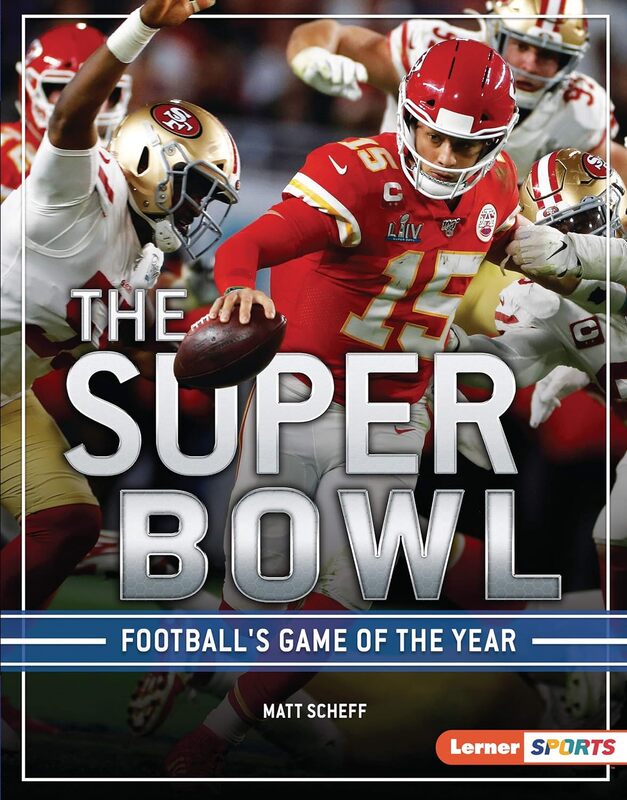






 RSS Feed
RSS Feed